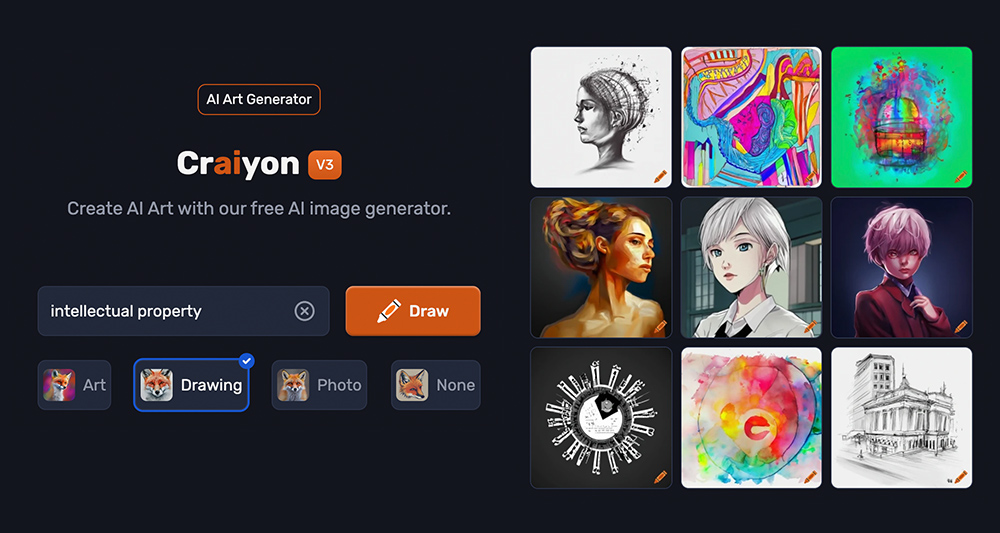-
Emojis for business accounts? Learn to use them right
In today’s digital landscape, effective communication goes beyond words.
Pros and cons of using AI for content creation
PRO
Efficiency and scalability: AI generates content quickly and efficiently, which is especially useful for marketing campaigns that require a large amount of content in a short period of time. Additionally, the ability to scale content production is a key advantage for brands looking to reach a broader audience.
CON
Lack of authenticity: Despite its capabilities, AI often lacks the authenticity and human connection that content created by real people offers. This can lead to a perception that AI-generated content is artificial or manipulative, and some consumers could lose interest.
PRO
Customization: AI analyzes data and consumer behavior to tailor content to specific audiences. This helps create more relevant and personalized messages, which can improve the customer experience and increase the conversion rate. CON Cultural barriers and sensitivity: AI may have difficulty understanding the cultural context of certain groups of people, which could lead to the creation of inappropriate or offensive content.
CON
Cultural barriers and sensitivity: AI may have difficulty understanding the cultural context of certain groups of people, which could lead to the creation of inappropriate or offensive content.
PRO
Originality: While there are debates about the actual creativity of AI, some platforms have proven capable of producing amazing and unique content that can inspire marketers and provide new creative ideas for campaigns.
CON
Lack of true creativity: Although AI can generate interesting content, it relies on previous patterns and data, which means it can struggle to come up with completely new and original ideas. This could limit the creative potential of marketing campaigns.
PRO
Sentiment analysis: AI can analyze large amounts of data to determine public sentiment and opinions towards certain topics or products. This allows brands to adjust their marketing strategies to address the concerns or preferences of their customers.
CON
Algorithmic bias: Machine learning algorithms and neural networks, which are critical to many AI applications, are trained using vast amounts of historical data. These historical data may contain inherent biases, such as racial, gender, or economic discrimination.

Legal Challenges: Copyright and Intellectual Property
One of the biggest challenges associated with the use of AI in content creation is related to copyright and intellectual property. When the AI creates content, who owns that content?
The creator of the AI, the owner of the platform, or the user who uses the AI to generate the content? In addition, the ability for AI to reproduce existing content, such as copyrighted images or text, raises copyright infringement issues. Although some AI platforms claim that their algorithms generate original content, there is always a risk of copyrighted elements being used without proper permission.
Current intellectual property regulation has not kept pace with technological advances in AI, creating a loophole in the protection of rights in AI-generated content.
